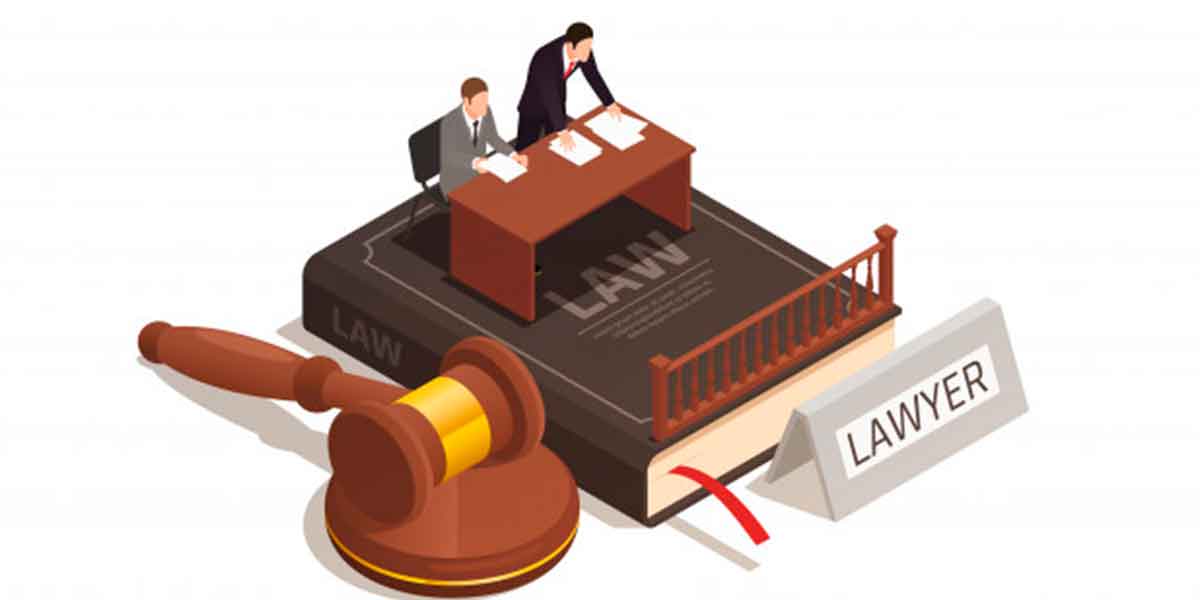Why You Should Consider Legal Help for Estate Planning
When it comes to handling an estate, the traditional advice suggests seeking the assistance of a probate lawyer. Executors must make informed decisions during the estate settlement process, considering the complexities of state laws and probate proceedings.
However, not all executors are required to entrust the probate process to lawyers or employ their services for limited guidance. It may not be essential to hire a probate lawyer if the estate in question does not involve unique assets or is relatively small.
The Role of a Probate Lawyer in Estate Planning
Estate planning and the involvement of a probate lawyer are closely intertwined. While a Will is crucial in estate planning, a thorough plan for asset protection post-mortem is equally essential. Estate planning encompasses more than just Will execution, involving other critical steps like power of attorney, advance directive, and medical power of attorney.
For intricate estates, establishing trusts to evade state and federal estate taxes may become necessary. Trusts can also help in regulating how beneficiaries utilize the decedent’s assets. In such cases, the guidance of a probate attorney is invaluable, as they are well-versed in state laws governing trusts and can tailor estate plans to individual needs.
How a Probate Lawyer Can Aid in Estate Planning
While it is feasible to navigate certain estate planning steps without legal assistance, it is advisable to consult a probate lawyer. Ignoring legal counsel during tasks like drafting a testament or Will may lead to unforeseen consequences and potential issues for both the individual and their loved ones.
Seeking a lawyer’s advice ensures that the fruits of a lifetime’s work remain safeguarded even after one’s passing, granting peace of mind and security to all involved.
The Importance of Legal Assistance in the Probate Process
In the absence of estate planning, avoiding the probate process becomes challenging. Under such circumstances, engaging a probate lawyer becomes imperative. Probate proceedings are intricate and demanding, involving court appearances, legal jargon comprehension, and meticulous paperwork completion.
Handling probate without expertise can be overwhelming, especially in the aftermath of a loved one’s passing. Mistakes in documentation can prolong court proceedings, delaying asset distribution. Therefore, enlisting a probate lawyer’s services is vital.
Advantages of Engaging a Seasoned Probate Lawyer
Employing a probate lawyer streamlines the process, sparing individuals the hassle of document retrieval and review. By entrusting a competent attorney, one can bypass court proceedings entirely, as the lawyer manages all tasks on their behalf.
Key services provided by a probate lawyer in the estate planning procedure include:
- Assisting the executor in identifying all deceased assets, both probatable and non-probatable.
- Obtaining accurate appraisals and valuations for estate assets.
- Facilitating the sale of estate properties.
- Securing court approvals for necessary actions per state probate laws.
- Overseeing asset distribution post-deceased debt settlement.
While estate planning can technically proceed without a probate lawyer, their expertise ensures meticulous and precise execution of all necessary steps.




